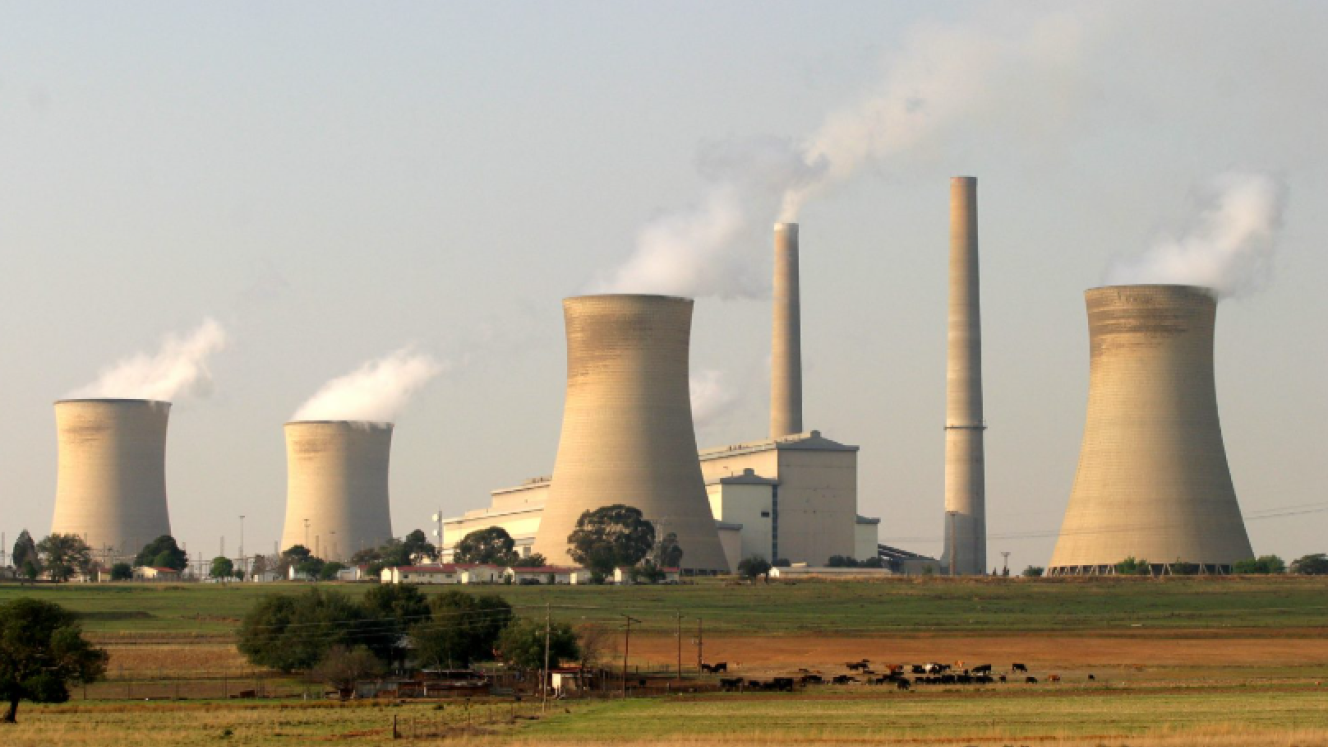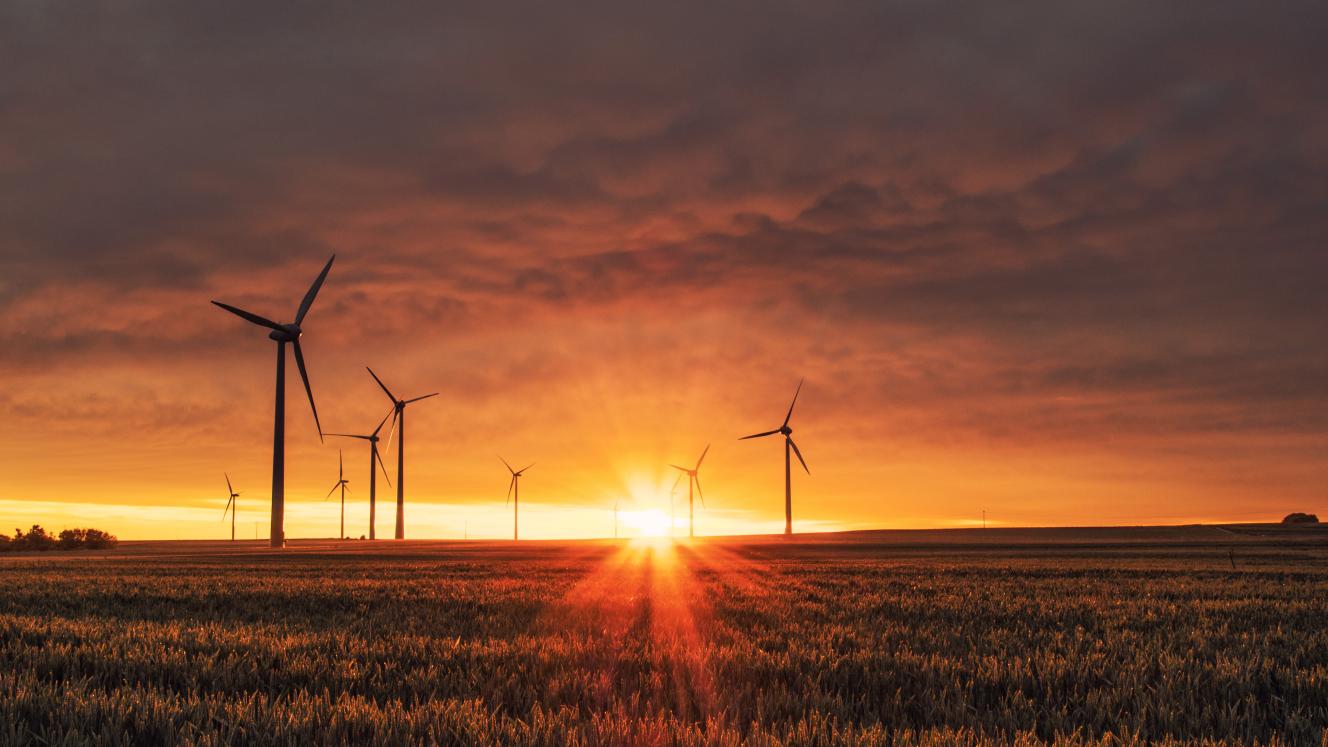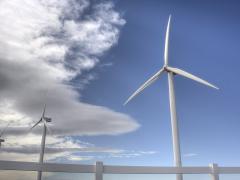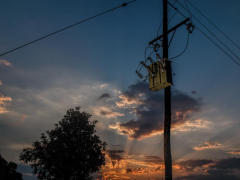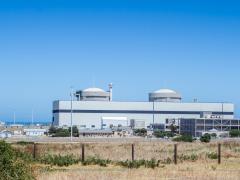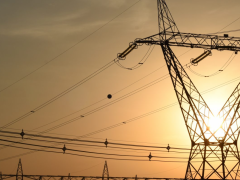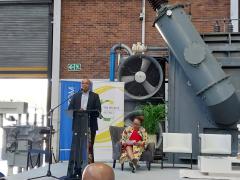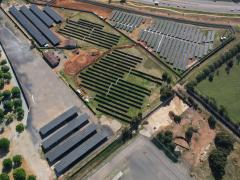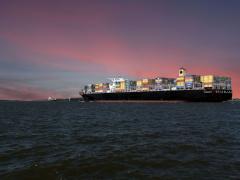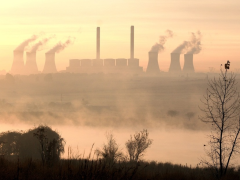The EU has confirmed that its Carbon Border Adjustment Mechanism (CBAM) will move into full effect in 2026, intensifying pressure on South Africa to decarbonise its electricity supply.
The update came during a webinar hosted on October 6 by an EU delegation to South Africa, the German Embassy and the Southern African-German Chamber of Commerce and Industry where officials from the EU Directorate-General for Taxation and Customs presented CBAM’s final implementation plan.
Under the scheme, carbon-intensive imports such as steel, aluminium, cement, fertilisers and hydrogen will be priced according to their embedded emissions, aligning them with EU climate standards. Financial obligations will phase in between 2026 and 2034 with limited relief for small importers and a temporary exclusion of Scope 2 (electricity-related) emissions for steel and aluminium until 2027.
For South Africa, where more than 80% of electricity still comes from coal, the delay offers only short-term breathing room. The EU confirmed that no exemptions will be granted to individual countries.
Representatives of the National Business Initiative, Trade & Industrial Policy Strategies and the Minerals Council South Africa warned that the carbon border tax reinforces the urgency of grid decarbonisation. They said Eskom’s coal-heavy power supply and slow renewable rollout could erode South Africa’s export competitiveness in Europe, which currently accounts for around 6% of total trade.
